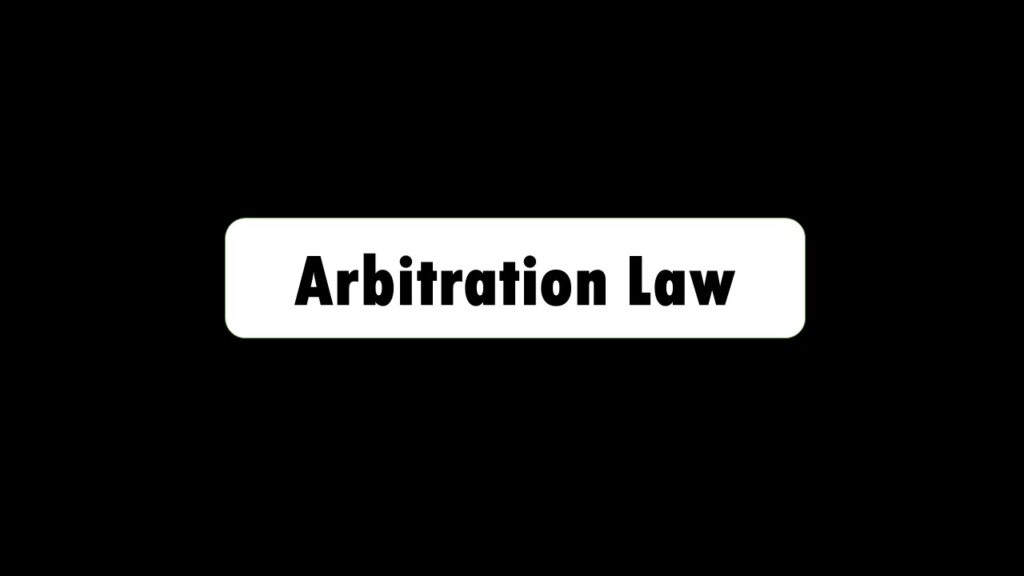Bharat Aluminium Co. vs. Kaiser Aluminium Technical
Services Ltd. [(2012) 9 SCC 552]
Court at the seat of arbitration will have the supervisory jurisdiction despite it not having jurisdiction over the subject-matter of arbitration
96. We are of
the opinion, the term “subject matter of the arbitration” cannot be confused
with “subject matter of the suit”. The term “subject matter” in Section 2(1)(e)
is confined to Part I. It has a reference and connection with the process of
dispute resolution. Its purpose is to identify the courts having supervisory
control over the arbitration proceedings. Hence, it refers to a court which
would essentially be a court of the seat of the arbitration process. In
our opinion, the provision in Section 2(1)(e) has to be construed
keeping in view the provisions in Section 20 which give recognition
to party autonomy. Accepting the narrow construction as projected by the
learned counsel for the appellants would, in fact, render Section
20 nugatory. In our view, the legislature has intentionally given
jurisdiction to two courts i.e. the court which would have jurisdiction where
the cause of action is located and the courts where the arbitration takes
place. This was necessary as on many occasions the agreement may provide for a
seat of arbitration at a place which would be neutral to both the parties.
Therefore, the courts where the arbitration takes place would be required to
exercise supervisory control over the arbitral process. For example, if the
arbitration is held in Delhi, where neither of the parties are from Delhi,
(Delhi having been chosen as a neutral place as between a party from Mumbai and
the other from Kolkata) and the tribunal sitting in Delhi passes an interim
order under Section 17 of the Arbitration Act, 1996, the appeal
against such an interim order under Section 37 must lie to the Courts
of Delhi being the Courts having supervisory jurisdiction over the arbitration
proceedings and the tribunal. This would be irrespective of the fact that the
obligations to be performed under the contract were to be performed either at
Mumbai or at Kolkata, and only arbitration is to take place in Delhi. In such
circumstances, both the Courts would have jurisdiction, i.e., the Court within
whose jurisdiction the subject matter of the suit is situated and the courts
within the jurisdiction of which the dispute resolution, i.e., arbitration is
located.
97. The definition of Section
2(1)(e) includes “subject matter of the arbitration” to give jurisdiction
to the courts where the arbitration takes place, which otherwise would not
exist.
